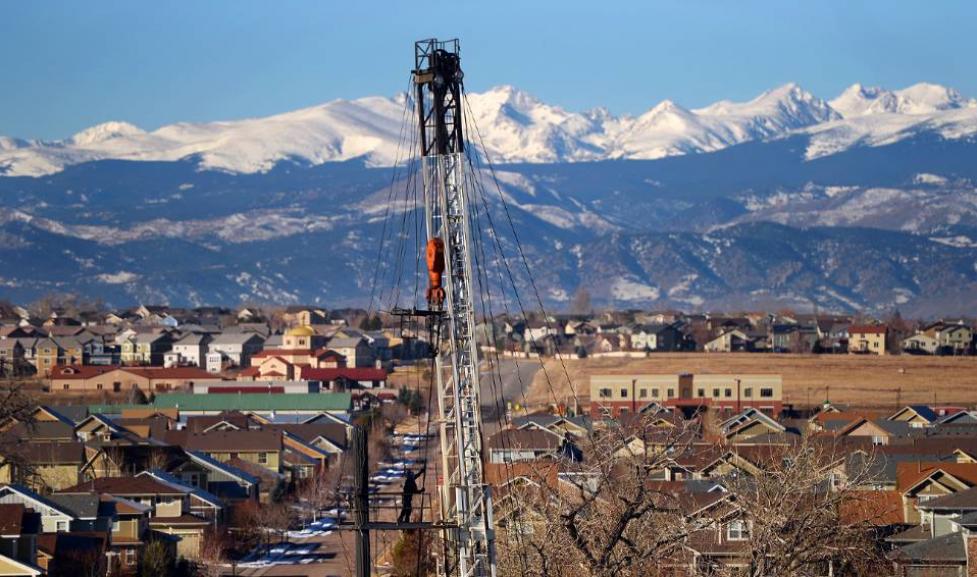Project Overview
A series of events and state and county regulatory changes prompted the need to revise Boulder’s regulations regarding mining operations, principally oil and gas operations in both the city and the county as they may impact city-owned Open Space, city-owned parklands and planning-reserve land located in the county.
On Dec. 14, 2021, Boulder’s City Council adopted an ordinance that applies to any requests for oil and gas operations within the city of Boulder. The new regulations require Planning Board approval of a Use Review application that would be subject to comprehensive new restrictions intended to protect the public health, safety and welfare and of the environment. The regulations are adapted from Boulder County regulations and are consistent with many front range communities that have been updating their regulations as allowed by 2019 state legislation on oil and gas drilling and roles of local government. The ordinance also repeals the city’s moratorium on oil and gas drilling and implements an oil and gas pollution tax that was approved by voters in 2018.
